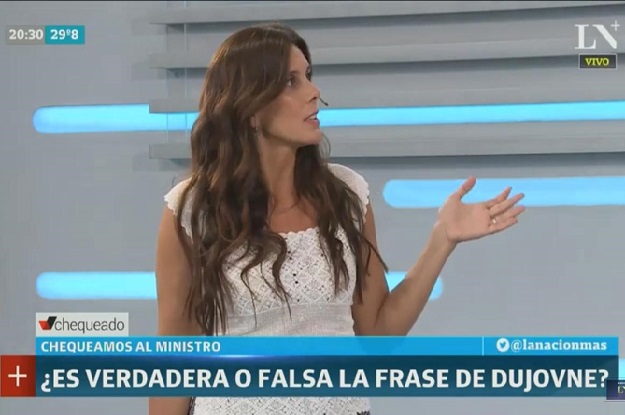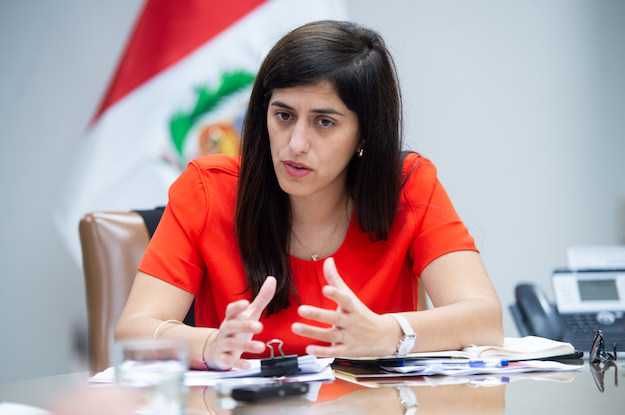This article is adapted from AQ’s latest issue on China and Latin America
Argentina is living through a moment of intense uncertainty. As its currency loses value, the ongoing race for the presidency is appearing increasingly unpredictable. In the runup to the October election, AQ spoke to Laura Zommer, the executive director and editor-in-chief of fact-checknig site Chequeado (Checked), on how the publication is working to ensure voters stay informed and politicians stay honest.
Can you describe Chequeado for someone who isn’t familiar with it?
Chequeado has been online since 2010 and our mission is to improve public debate in Argentina through open data and fact-checking. We also do traditional data journalism and work to educate journalists and young people in data and media literacy.
How is Chequeado using artificial intelligence to combat fake news?
Technology is part of the problem, but it’s also part of the solution. We have a tool called chequeabot that pulls quotes from 30 news outlets across the country and from every speech by the president and in Congress. This tool identifies what is fact-checkable and allows our team to work faster without having to listen to hours of debates and conferences.
Argentina has elections in October. What are the biggest challenges?
A big challenge is Argentina’s polarization. In this context, fake news goes viral more quickly and can reach more people than our fact checking. But we have a plan. We are collaborating with several media outlets and we will train reporters across the country. In Brazil, they realized that WhatsApp was a problem (with fake news) that was hard to measure, so we are trying to work with the company preemptively.
Have you seen reactions from politics to your fact checking?
There are many examples. We always check the president’s annual speech to the nation. By now, the president’s communications secretary sends us sources ahead of time for the president’s claims. We still fact check the speech, but they know we’ll be doing so.
In Argentina, do you see fake news coming from both sides of the political spectrum?
Definitely. All the time, as much from the government’s side as from the opposition. That’s not to say that they come from the political parties or from the government, but rather that there is fake news out there that benefits both sides.
What are you doing to combat disinformation elsewhere in Latin America?
In 2014 we started Latam Chequea, a network of 20 organizations in 14 countries that do fact checking and debunking. We share our expertise and help make sure they’re using technology correctly. Some of our partners in this include Lupa in Brazil, Animal Político in Mexico, Efecto Cucuyo in Venezuela, and Ecuador Chequea.
—
O’Boyle is a senior editor for AQ






